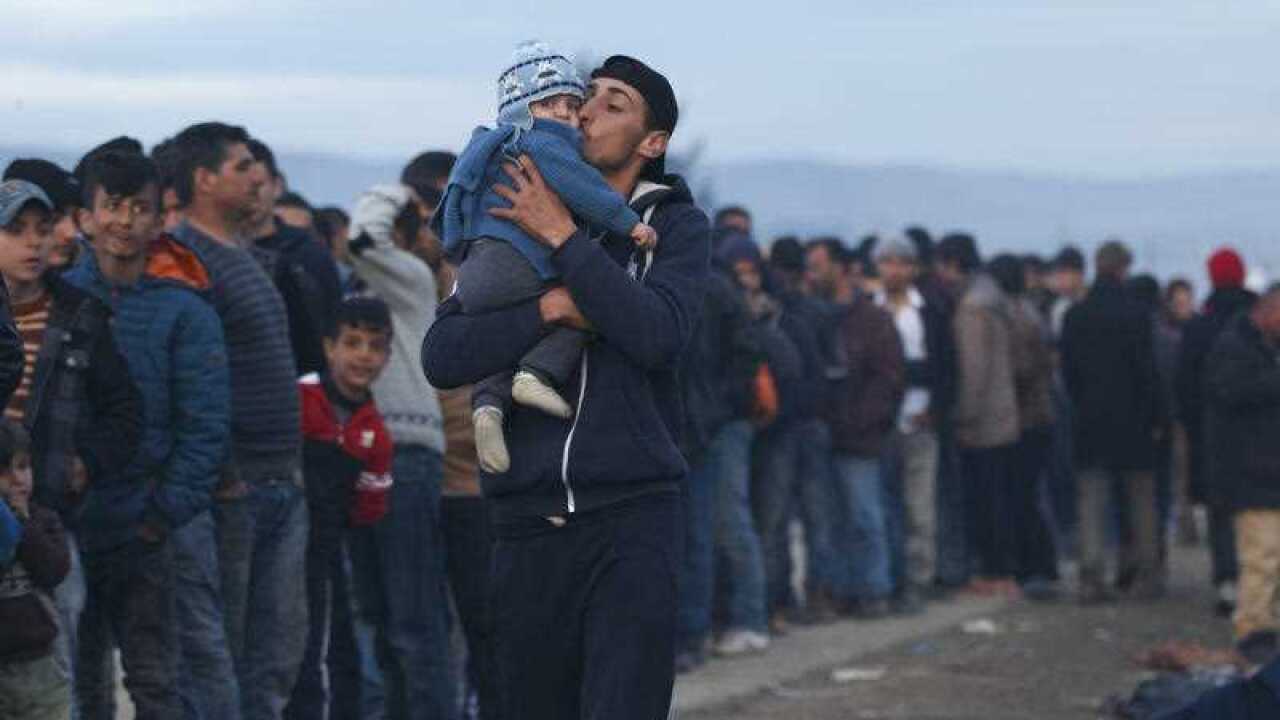Turkey and Germany say an agreement between Ankara and the EU to stem the flow of migrants to the Greek islands is showing signs of success, but many are still trying to cross the sea and the route remains far from sealed off.
The accord, which came into force on Monday, aims to help end the chaotic arrival of migrants and refugees, most fleeing war and poverty in the Middle East, Africa and Asia, after more than a million reached Europe last year.
The influx has threatened the EU's system of passport-free travel and prompted its executive on Wednesday to propose strengthening common asylum rules.
New arrivals on the Greek islands from Turkey dropped to 68 in the 24 hours to Wednesday morning from 225 the previous day, data from the Greek migration ministry showed.
That compared to a single day last October, during the peak of the crisis, when arrivals approached 9200 people.
Turkish Prime Minister Ahmet Davutoglu said the fall was a direct result of the EU-Turkey deal.
A spokesman for the German government, which lobbied sceptical European partners to back the accord and is under political pressure to show progress, also said things were moving in the right direction.
"It is functioning, and the (number of) illegal migrants is in decline," Davutoglu said during a visit to Helsinki.
Under the accord, migrants and refugees who cross the Aegean Sea illegally are sent back to Turkey.
Since Monday, 202 people, mostly from Pakistan, have been returned.
Greek and Turkish officials say more may be sent back this week.
But the number of illegal migrants arriving on the Greek islands fluctuates daily, and the UN refugee agency UNHCR was more cautious about whether the deal was deterring them.
"The conditions forcing these people to move, including onwards to Europe, are still present and many people are falling through the cracks," said Boris Cheshirkov, a UNHCR spokesman on the Greek island of Lesbos.
Share

